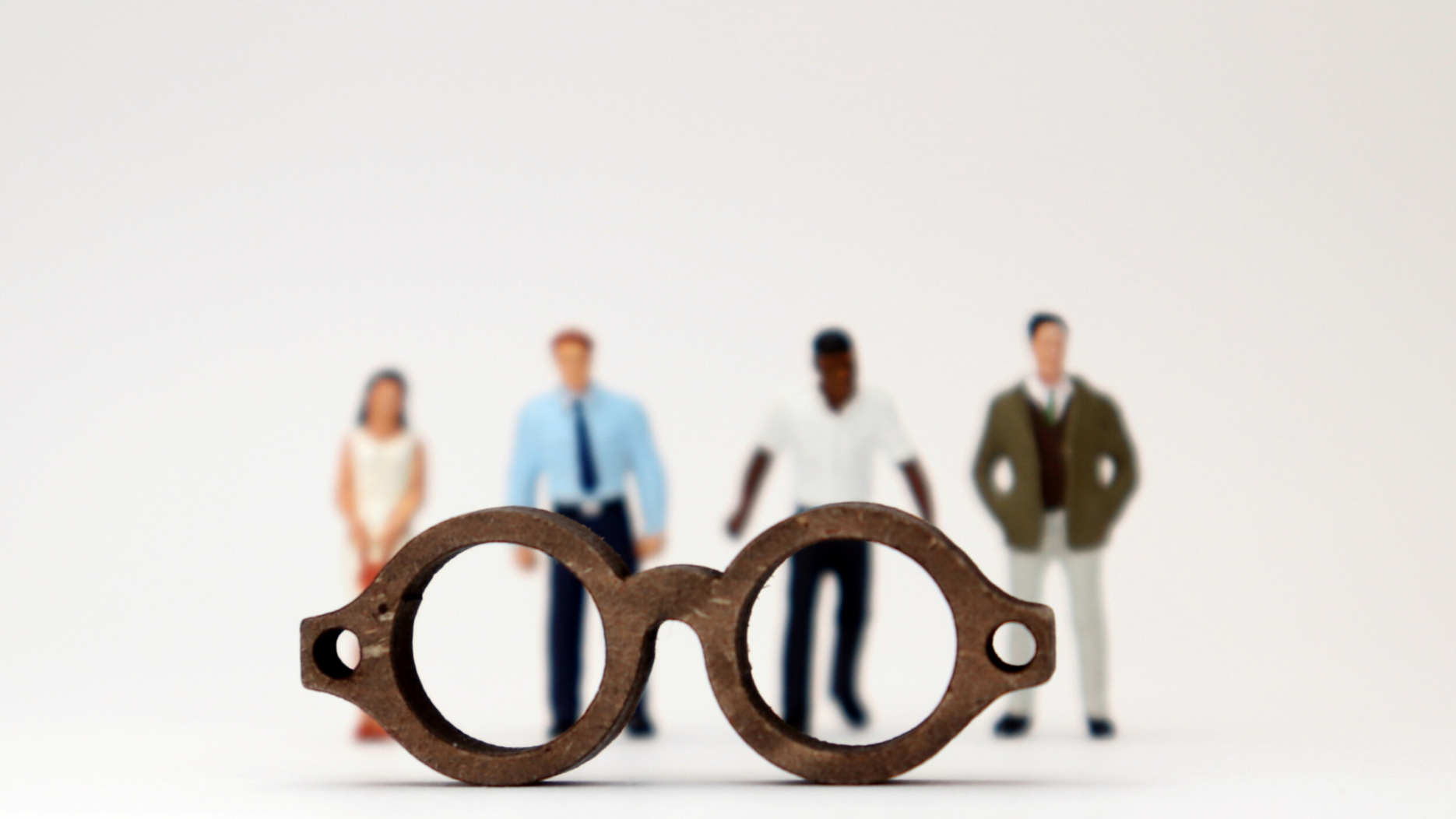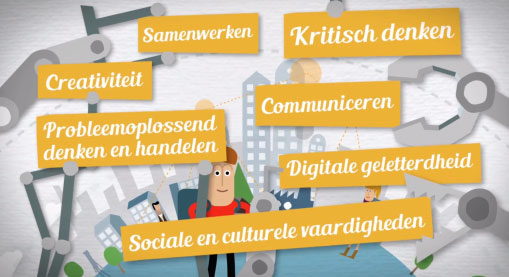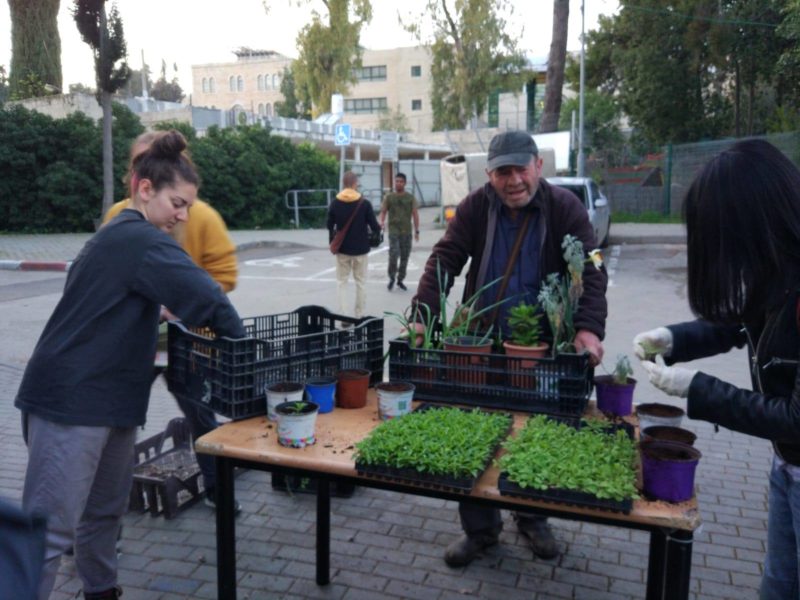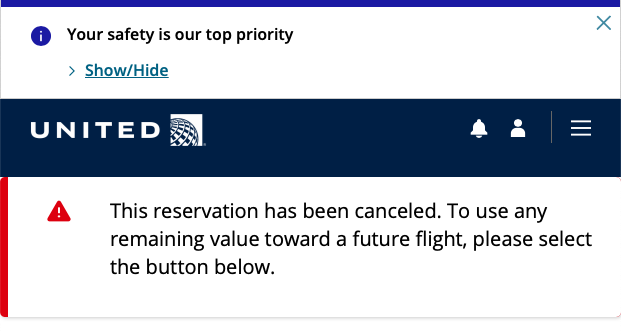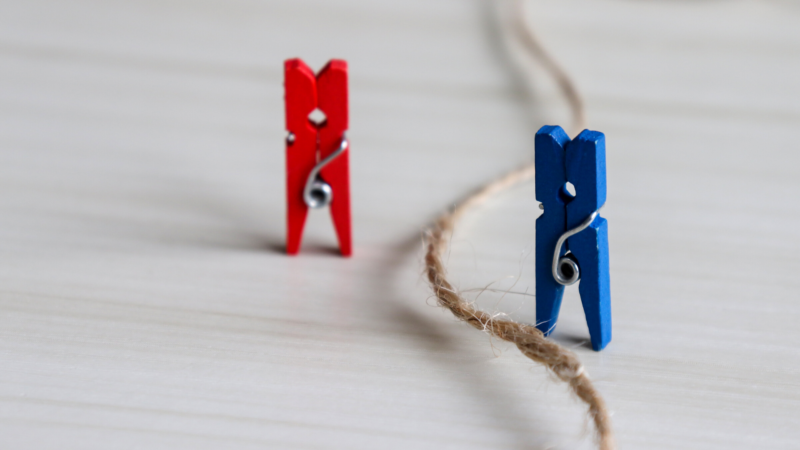At the moment of writing I live in Seattle (Washington, United States). Originally, however, I am from a small country called The Netherlands. I have been raised with the history of colonization, slavery and racism. After all, my country of origin was once ruling the seas of the world and was a colonizer, slave-trader and continues to struggle with racist views & behaviors.
Nonetheless the current events in the United States have taken me by surprise. Perhaps I understood phenomena like ‘systemic racism’ & ‘white privilege’ to a certain degree, but I certainly did not feel how deeply rooted and systemic it still is today. The following article is a direct response and outcome of educating myself, exploring my own mind & heart – and a call for action.
You can also listen to this article as one of my Dharma-bites on SoundCloud:
Like many other places, the covid-19 pandemic forced a restaurant in my neighbourhood in Seattle to be closed for a while. As I was recently going out for a walk I was happy to see they had re-opened with a walk-in menu and order-to-go. They used their windows in wonderful creative ways to inform people about this and express their thanks for all support.
In response to the death of George Floyd and the protests in the United States that followed, they also had written the words of Archbishop Desmond Tutu on one of them: “If you are neutral in situations of injustice, you have chosen the side of the oppressor.”
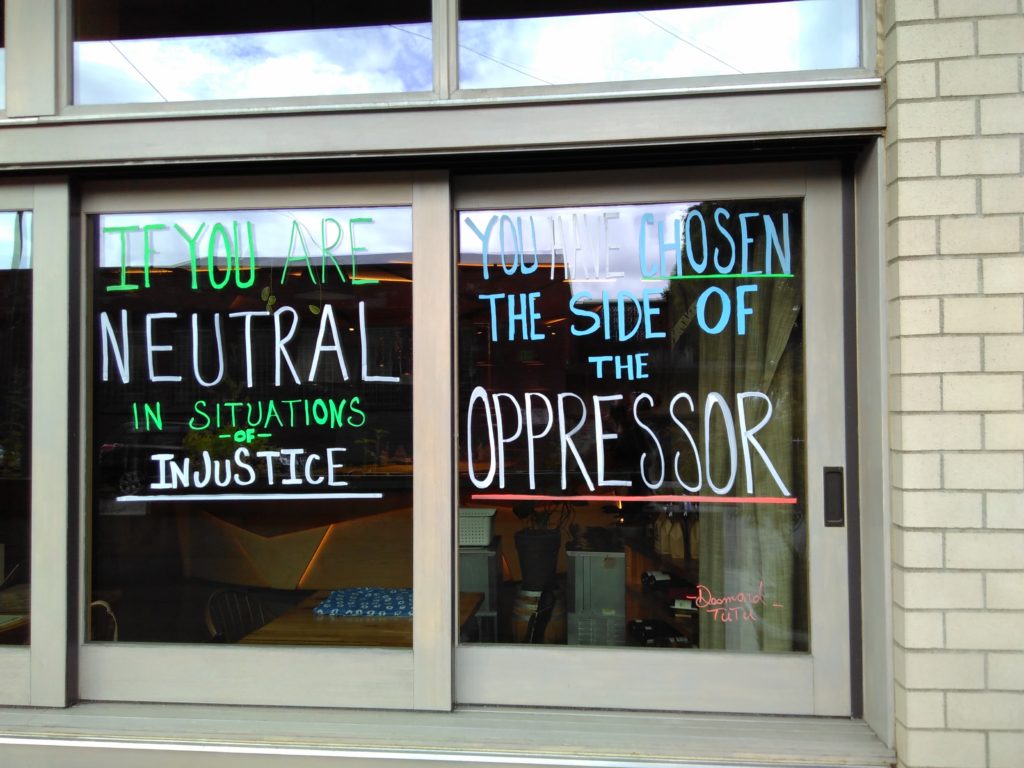
In the years that I worked in the townships of Cape Town as a volunteer I had witnessed the tremendous suffering as a consequence of social inequality and ideologies that reinforces power at the expense of others, especially anti-blackness and white privilege. Tears continue to arise in me, I can feel the weight, the pain and the immense frustrations that the words of Tutu carry with them. I sometimes bent over and covered my face, with the troubled world in mind.
Thus, I feel sympathy for the restaurant expressing their support this way. Like them, I feel the need to stand up against injustice. Clearly, things need to change. I am writing these words precisely because I feel I need to do something. To take responsibility. My mind & heart sense the urgency. Yet I am not sure anymore, or perhaps never have been, what not being neutral looks like.
To some it seems obvious: you need to take sides, which means you are either ‘for’ or ‘against’ one or the other. To me it feels more complicated. Isn’t the underlying problem in ideologies the view that there are sides? Systems based on biases? Of focusing on our differences instead of what we have in common? At the heart of all these is the question: How can we really end oppression and injustice?
To be honest, I am not sure. Just like I am not sure how I can be an agent of change. But I am sure that I need to ask myself these questions, and that we need conversations with each other. No matter how uncomfortable they are. Or rather, precisely because the are uncomfortable. May this article be the beginning or support for a conversation between you and me. You and your friends & family. You and those you want to listen. Though, most all, we may need a conversation with ourselves.
This conversation will be lengthy. Like this article will not be short. But I believe that things that truly matter, are worth taking time for. And as you read: look at the birds in the sky at times…
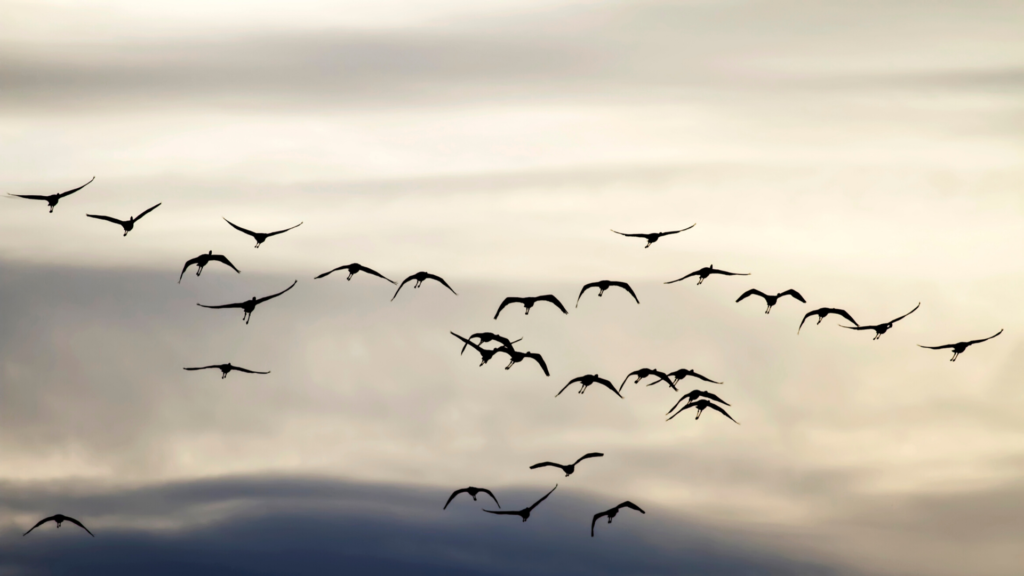
What can I do?
The first time I became aware of the destructive forces of a biased mind was learning about the ‘reform’ imposed on Tibet by China, when I was about 17. Soon after, I started living on my own and came to see more clearly the suffering humans inflict on animals, be it through hunting, destroying their natural environment, using them for medical experiments or simply because we ‘farm’ them to eat. Both situations made me ask myself: how do I relate to this, and what can I do?
Many years later, I found myself in the middle of conflicts when I was living in Jerusalem. This included political, cultural and spiritual conflicts in many different ways: between Jewish communities, groups that fought for power and different futures within Palestinian society, and the violence happening between these. Though I tried to be an agent of change, I often felt it was very limited. Could I really have an impact?
Now, at the moment of writing, I live in the United States and see the protests that are going on here, in Seattle, and throughout the country. The death of George Floyd, as a consequence of police brutality, has not only sparked demonstrations against racism, social inequality and injustice in the United States – but throughout the world.
In the United States I read & hear about Black Lives Matter, from Jewish friends I get pictures of Jews & Palestinians demanding together peace now, and in my country of origin (the Netherlands) there are voices speaking out against discrimination, including towards ‘foreigners’ and ‘immigrants’. Once more I ask myself: what are my thoughts & feelings? How can I help change happen? And what can we all do, together?
Taking aim at the target
It seems completely obvious to me that protesters in the United States demand police reforms, policies that secure equal rights and enable everyone to gain access to resources for their pursuit of happiness – something that is often claimed and praised as the American Dream. In similar ways I have often thought that changes in the structures of society – laws, institutions, hierarchies of power – would end inequality, oppression and so on.
For example. China, I thought, did not need to give Tibet independence, as long as Tibetans would be allowed to direct their own cultural & social development. If there would be a Palestinian State, next to the State of Israel, then perhaps peace and co-existence could once more return to the land – home to both Palestinians & Jewish people. Once we bring an end to hunting, animal testing and factory farming we would no longer cause other species the pain & agony we have inflicted for way too long.
Though I am not sure how these possible solutions could be brought about in practice, they still appear as true and worth protesting for. Indeed, we need to change the structures of society. At the same time, I realise how we might overlook or even ignore one of the underlying problems that is common to all these issues: our biased mind.
Unfortunately, both history and the present moment tell us that oftentimes, when coming across others, we perceive them as precisely that: ‘other’. Based on cultural, religious and physical or mental differences. Which, till this very day, are often taken as a sign that ‘he’ or ‘she’ is inferior to ‘me’. The same happens on a group level: ’they’ are ‘lower’ than ‘us’. Hatred, oppression, violence are the simple consequences of this outlook – of our mind.
To strengthen the pressure for change on the structural level is still worthwhile and necessary. We need to do this with care and skillfully – not increasing divisions and animosity. Simultaneously, we should take aim at the deeper targets as well: our prejudices, aggression and hatred that originate in our biased mind. How to change such ‘biases’? How to cross differences in daily life? How can we truly live together, as brothers and sisters?
Self-awareness
First of all, we need to become aware of our own biases. It is clear that we all have them. Even if, scientific studies show, we believe we don’t – we have so-called ‘implicit associations’ we are not aware of. Like we have related views & attitudes that we, therefore, did not connect with these. Already just the area where you grew up and how you have been raised has influenced your outlook on the world.
For example, in the country where I grew up, studies continue to show that if you have a name that is associated with being an immigrant, especially muslim, you are less likely to be invited for a job interview. Even if the person that is looking at the application strongly believes he or she has no such bias!
Some of our prejudices are relatively new, whereas other have existed for centuries. I strongly hold every human being to be equal and have friends coming from different cultures, using many languages, having other histories and so on. Though I grew up in a small village on the countryside as part of a small ethnic minority, I soon found myself living among people from all kinds of backgrounds. Yet, I can still sense that sometimes thoughts and feeling arise that some are, somehow, ‘lesser’ than I am. Something that is extremely painful to admit.
From a buddhist perspective this has to do with habitual patterns, individual & collective karma, and the so-called base-consciousness (alaya-vijnana).
Let’s take ‘race’ and ‘racism’ as an example. We all share a world in which the idea of ‘race’ has been presented for centuries as something that truly exists. Just like it was said for a long time that some are ‘inferior’ and others were ‘superior’. There was a so-called natural order of things. Which included the fact that some were slaves. Ancient Greek philosophers like Aristotle defended this, like some people in the United States and elsewhere do till this very day.
I might not have been raised with racist ideas. In fact, I was taught that all humans are equal and ‘race’ is a mistaken belief that has caused tremendous suffering in the world. Race, as Ta-Nehisi Coates writes strikingly in his book Between the world and me, is not the father of racism. Racism is the father of race.
Nonetheless, racist views, attitudes and so on were (often implicitly) still present around me. People that were not originally from our village were thought of as ‘outsiders’, let alone those who were not part of our ethnic minority. I also recall neighbours and friends that considered ‘black people’ as backward and whom did not belong here, in our country. They should stay, so they said, in Africa.
Whether I like it or not, the context I grew up in has imprinted a ‘seed’ in my base-consciousness to look at the world with such categories. This still gives rise to thoughts and feelings of ‘me’ being part of a group that is inherently better than some others. Those thoughts have, fortunately, almost no power and, as far as I know, never transfer into things I say or do.
So, the first important step is to become aware of our biases, acknowledge that we have them and that this is problematic. Only then we can actually start to change the outlook of our mind.
But even that is not sufficient. We know this from scientific research as well. For example, we can do tests to become aware of our so-called ‘implicit associations’, but studies found that does not mean people’s views or their conduct actually changes. People know, for example, how much suffering we cause for animals, yet continue to utilize them for their own benefit.
I recognize this ‘seeing biases without change’ myself. For a long time I saw people from China as, (1) a unified group that, (2) all supported the Chinese government in, (3) their destructive actions towards Tibetans. Experiences, like having difficulty to obtain a Chinese visa and Tibet permit, only strengthened this. It took a while before I actually became aware that this created a bias towards all people appearing Chinese to me, and a negative attitude as well.
Things started to change once I began to doubt the truth of these views. I started to understand that reality was way more complicated – I ‘even’ saw how there were positive sides to the invasion of Tibet by the Chinese! – and how my biased mind was highly problematic. Yet, I began to really feel this when I visited China in 2017. Which was many years after I heard about Tibetan people and culture for the first time.
Scientific studies, buddhist tradition and my own experience all point towards two further things in order to change our biased mind. To really cross differences. To not only view each other as brothers & sisters, but also feel this and act upon our true equality. Besides increasing our self-awareness, what we need is both asking questions and open our heart.
Questioning mind
If we want to change our prejudices and the attitude & actions related to them, we need to investigate whether our views are true. I often find that mine turn out to be false, or at least incomplete. What do our ideas say about actual reality? We need to ask such questions about ourselves and the world we share.
For example, I consider myself to be ‘Frisian’. In the Netherlands, the ‘Frisians’ are often regarded to be (a little bit) stiff or rigid and quite proud, with ’their’ ‘strange’ language. These characteristics are considered to be inherently part of every Frisian. However, if we think about it, not everyone that is Frisian is like this. Neither do these characteristics come with birth. Such identities come into being afterwards and depend on our context: our natural surrounding, the time we live in, traditions and so on. In my case, for example, I have a Frisian mother and Dutch father. So, does that make me ‘half-Frisian/half-Dutch’? What does that even mean?

I remember clearly that the current Queen of the Netherlands, Maxima, gave a press conference when she was still a princess. After spending some more time in the country, what had she learned? She shared how she had seen so many wonderful things and such a great diversity. Adding, after being asked, that she did not find the Dutch identity.
Some politicians were furious about this remark: how could a future queen say something so ‘anti-patriotic’? Personally I thought she was beautifully pointing to reality: identity is a construct. A designation. Which, to be sure, does not imply that it is meaningless!
I consider myself stiff nor rigid. I do value having my own language and certain traditions. Like I really enjoy things from the bakery that are seen, at least I would claim, as typical Frisian – sûkerbôle, dûmpkes, oranjekoeke and more. There is also a sense of pride about this. When friends of mine have a baby, I give them socks with the colors and symbols of the Frisian flag.
However, I also recognize that these differences do not make me ‘better’ (or ‘worse’) than any other. I understand how, on a fundamental level, I am equal to every Dutch person. Like I am equal to Tibetans, Chinese, Americans (black or white) and so on: we are all human beings. If we connect on this level, we move from the questioning mind to the human heart.
Open our heart
All sentient beings, including non-humans, are equal in the sense that they can experience pain and joy. Moreover, it is easy to observe how all life is trying to avoid suffering and seeking happiness— in a shared world that sustains us. This is the very ground of our equality. In that sense our differences, meaningful as they can be, are more shallow or superficial.
In Tibetan-buddhist tradition it is said that sameness and differences are like roots and branches. As His Holiness the 17th Karmapa says in his book Interconnectedness: “individuals and societies differ in terms of the branches but not in terms of the root.” He then continues:
“Since at our deepest level, the level of our roots, we are equal, I see no real need for us to be the same in all the subsidiary aspects. In fact, the diversity that is found on the level of our branches is actually beneficial and wholesome for our interdependent world and for all of us individually.”
The 17th Karmapa
In other words, we can appreciate our differences, while holding equality as the ground or underlying view when we engage with others. We are, indeed, different in terms of where we grew up, the languages that we speak, foods we eat, physical appearances, sexual orientation, philosophical views, spiritual paths and in many, many other ways. However, we need to remember, that none of this makes someone more or less human. None of these take away our fundamental equality.
If we cut through our biases, and open our heart, we can cross every possible difference. In fact, it allows us to connect in such a way that we both cherish our differences and learn from each other – while living together as equals. However, we have a long way ahead of us to get there. Moreover, it does not come without effort. We need to actively work together to bring such changes into the world.
Contemplate and act upon our equality
So, you might now still have the same question I keep asking myself: What can I do? Me, personally? To be honest: I am still not sure. Or rather, I do not know what you can do.
I know that, finding myself living in the United States at the moment, I try to learn from different people. Since the death of George Floyd and protests, I talk a lot with one of my housemates who is affected himself by racist attitudes since he was born and is deeply moved by the current situation. I decided to look for books that black booksellers and publishers say I should read to educate myself about racism and the history of this country.
As I read, I try to become aware of possible biases I hold towards people of color, those of different political backgrounds and so on. For me, it means specifically, I try to read things from various sources or talk to people that hold opposite views or have a completely different background. What if we had a conversation, especially with those we have prejudices about?
Nothing really changes when it stays theoretical or intellectual. I have noticed this myself. No matter how strongly I questioned my views about China, my feeling and actions only started to shift more fundamentally once I visited the country and shared time with many different Chinese people. Only then I understood, both in mind and heart, that fundamentally they are just like me: they do not wish to suffer while they all try to find happiness in life.
Recognizing our equality
Since I walk a buddhist path, I also continue to contemplate this notion of equality. Though I think there is nothing buddhist about that. In fact, I think every religion recognizes that all beings wish to be free from suffering and try to find true happiness. All religions offer us ways to this end. That is a purpose they all share. Therefore, we could say that we need more religion. Not necessarily in a traditional or institutional sense. Neither in the form of a particular religion. But in the sense of recognizing our fundamental or radical equality.
How not to be neutral? What can I, personally, do? How can we cross our differences and live together as brothers and sisters? These are difficult questions, and there are no easy answers. Emmanuel Acho in his online videos Uncomfortable conversations with a black man is right when he says we need a conversation. Not despite them being uncomfortable. Precisely because they are uncomfortable! He is also right, if you ask me, by saying that crying out ‘black lives matter’ does not mean he does not recognize that all lives matter. It means that a particular group needs all our attention now.
Agents of change
This brings me back to the quote of Desmond Tutu from the beginning. He explained his words with an example, saying: “If an elephant has its foot on the tail of a mouse and you say that you are neutral, the mouse will not appreciate your neutrality.” The mouse and elephant, like every human, share a fundamental equality. Yet, on a relative level, in that moment, we need to demand the elephant to move its foot. We need to do so skillfully, so that we can help the mouse.
I am not sure how not being neutral looks like for you. Initially you might choose to support a particular person, group or side. I can understand that. No, I feel that.
Ultimately, we need to go beyond this. We need to let go of all our biases. We need to become true agents of change. “We must”, as Martin Luther King Jr. put it, “all learn to live together as brothers or we will all perish together as fools.”
Martin Luther King Jr. was Christian. You can call me a buddhist. You might feel connected with both. Or neither. This does not matter. Reality is, that all life depends on one another.
“There should be no cause to see the existence of others as a threat to one’s own being. When we know how to respect and love one another without the trappings of our biased mind; by being wise and going kind, then the world can offer its best […] together we can create a harmonious world for all.”
Dzogchen Ponlop Rinpoche
Including the birds in the sky.
